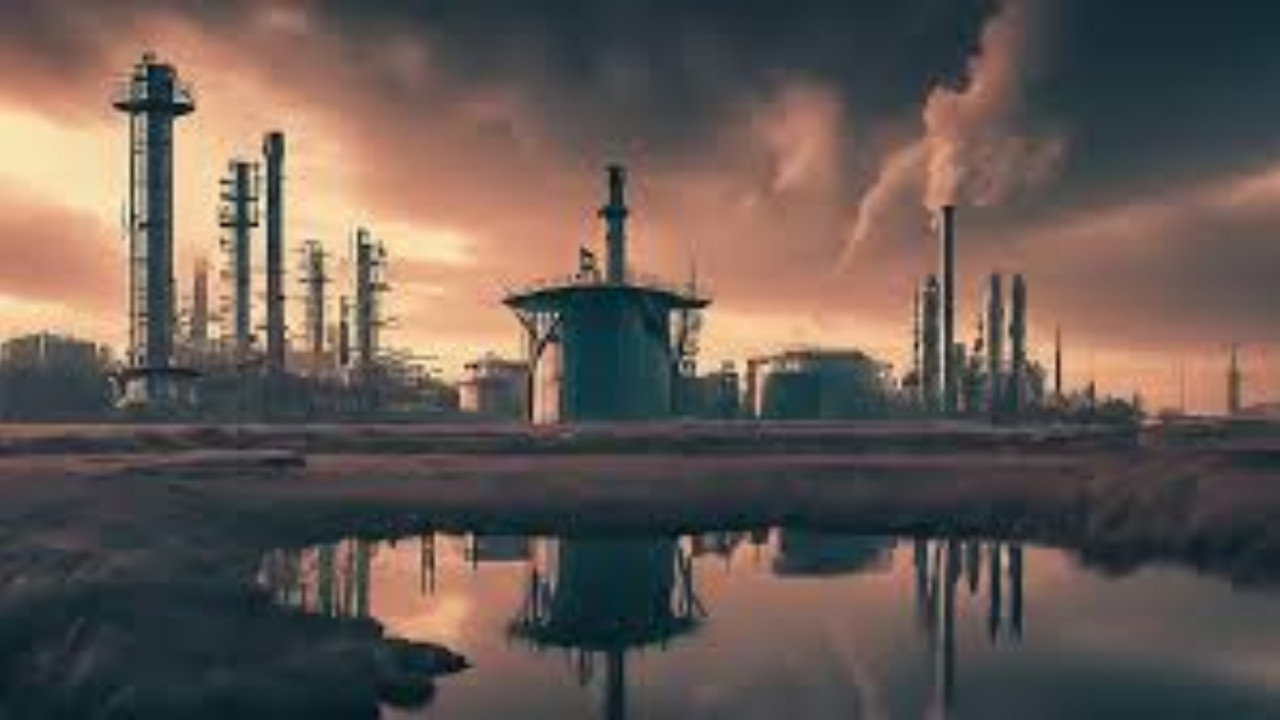German chemical giant Wacker Chemie is set to eliminate 1,500 jobs, approximately 10% of its global workforce, by the end of 2027. This significant reduction, primarily in Germany, is part of a strategy to save over 300 million euros annually. The company cited weak demand, intense competition, and high energy prices as key drivers for these measures.
Navigating the Chemical Crossroads: Wacker Chemie Responds to Market Headwinds
The air hangs heavy with uncertainty in Germany’s chemical heartland. A sector long considered an engine of economic strength is now facing a powerful combination of high energy costs and stubbornly weak demand. The latest sign? Wacker Chemie, a major player known for its silicones, polymers, and polysilicon, just announced a significant restructuring plan that will see roughly 1,500 jobs cut.
This isn’t simply a company adjusting to minor fluctuations; it’s a strategic realignment in the face of fundamental shifts within the global chemical landscape. Wacker Chemie’s decision reflects a broader trend impacting German chemical companies, forcing them to confront challenges head-on and reassess their operational models for future competitiveness. So, what’s driving this downturn, and what does it mean for the industry?
High Energy Costs and the Demand Deficit: A Double Whammy
Germany, traditionally a manufacturing powerhouse, has been particularly vulnerable to rising energy prices. The disruption of natural gas supplies, coupled with the country’s ongoing transition away from nuclear power, has placed immense pressure on energy-intensive industries like chemicals. These elevated costs directly impact production expenses, making German-made chemicals less competitive on the global market.

Simultaneously, global demand for chemical products has softened. Factors contributing to this decline include slower economic growth in key markets like China, a general tightening of fiscal policies worldwide, and inventory corrections among downstream customers. This confluence of events has created a challenging environment for chemical manufacturers, forcing them to grapple with shrinking profit margins and the need for operational efficiencies. Wacker Chemie, like many of its peers, is feeling the squeeze from both ends.
Wacker Chemie’s Restructuring: More Than Just Job Cuts
While the headline figure of 1,500 job cuts is undoubtedly significant, it’s crucial to understand that Wacker Chemie’s restructuring extends beyond simply reducing headcount. The company is actively streamlining its operations, optimizing its production processes, and focusing on higher-margin products and markets. This involves a comprehensive review of its entire value chain, from sourcing raw materials to delivering finished goods to customers.
This strategic shift suggests that Wacker Chemie isn’t merely reacting to short-term market pressures; it’s proactively adapting to a new reality. By reducing its cost base and sharpening its focus, the company aims to emerge from this period of uncertainty as a leaner, more agile, and more competitive organization. We recently discussed how BASF is investing heavily in sustainable solutions. This move showcases how leaders in the sector are rethinking strategy.
What’s Next for the German Chemical Sector?
Wacker Chemie’s move is likely to send ripples throughout the German chemical sector. Other companies facing similar pressures may be forced to consider similar restructuring measures. The industry is at a pivotal moment, where innovation, sustainability, and adaptability will be key to long-term success. Companies that can successfully navigate these challenges and embrace new technologies and business models will be best positioned to thrive in the years to come.
The German government also has a critical role to play in supporting the chemical sector. Policymakers need to address the issue of high energy costs, invest in infrastructure, and create a regulatory environment that encourages innovation and investment. Failure to do so could have serious consequences for the German economy as a whole.
The coming months will be crucial for Wacker Chemie and the broader German chemical industry. Will they be able to weather the storm and emerge stronger? Only time will tell, but one thing is certain: the chemical landscape is changing rapidly, and companies that fail to adapt risk being left behind.
The Future of Chemicals is Adaptability
The pressures facing Wacker Chemie and the German chemical sector highlight a larger trend: adaptability is no longer optional; it’s essential. Companies that embrace innovation, prioritize sustainability, and proactively manage their costs will be best positioned to navigate the challenges and capitalize on the opportunities that lie ahead. The future of the chemical industry depends on it.







